Checking a patient’s blood pressure has become a routine standard of care in our dental practice. Established patients expect to have their blood pressure checked. They no longer question our reasons, and they appreciate our thoroughness and interest in their overall health. When we first opened the office checking blood pressure wasn’t received well by all of our patients, and even now when a new patient enters the practice they are often confused when one of our dental assistants or dental hygienists takes out the blood pressure cuff. These patients think it is unnecessary and unrelated to their dental care. The difference between patients who appreciate our thoroughness and patients who are confused by this practice is often their understanding of why we are checking their blood pressure in the dental office. Understanding begins with teaching our patients that the mouth and teeth are connected to the rest of the body. Having high blood pressure is extremely dangerous. Elevated blood pressure should not be normalized or down played because it can be life threatening.
As I am writing this post, one of our hygienists is having a conversation with her patient about their elevated blood pressure. The patient’s blood pressure is slightly elevated and our hygienist was able to compare their last blood pressure check to today’s blood pressure check. They are having a conversation about the reasons why the hygienist is concerned about the patient’s elevated blood pressure. The patient is now aware that they should be monitoring their blood pressure to make sure that it does not become more elevated or lead to serious health concerns.
Interestingly enough, many of our patients do not regularly see a primary care provider and rarely check their blood pressure. The first time many patients learn that they have high blood pressure is at their dental appointment. For these patients, if we don’t screen them for hypertension they’ll never know if their blood pressure is elevated. Hypertension has no warning signs until it is dangerously out of control. If it is caught in the early stages it can be treated and the risks decrease.
Receiving anesthetic for restorative dental work or periodontal treatment with an elevated blood pressure could have adverse effects for the patient. Our providers need to know a patient’s blood pressure so they can choose the appropriate amount of anesthetic to keep the patient safe. If a patient’s blood pressure is extremely elevated the doctor may choose not to perform the procedure for risk of the patient experiencing a heart attack, stroke, or aneurysm.
Elevated blood pressure may also be a sign that the patient is experiencing stress. Some patients have dental anxiety and become extremely nervous and stressed when the set foot in the dental office. Blood pressure is a great indicator of potential stress the patient may be experiencing. If our staff is aware of a patient’s dental anxiety they are able to take extra measures to ensure the patient is comfortable and help them calm down before beginning the procedure. It isn’t uncommon for a provider to check a patient’s blood pressure more than once if the patient indicates that they are feeling stressed and anxious as a result of being in the dental office. Often, after helping the patient calm down their blood pressure regulates.
Checking patients’ blood pressure has helped many of our patients identify that they need to make an appointment with their primary care provider to regain control of their health. It has also prevented our providers from performing dental procedures on patients who are hypertensive and at risk of having a heart attack or stroke. Checking a patient’s blood pressure in the dental office it is a standard of the care that we are providing to keep our patients safe and healthy.
